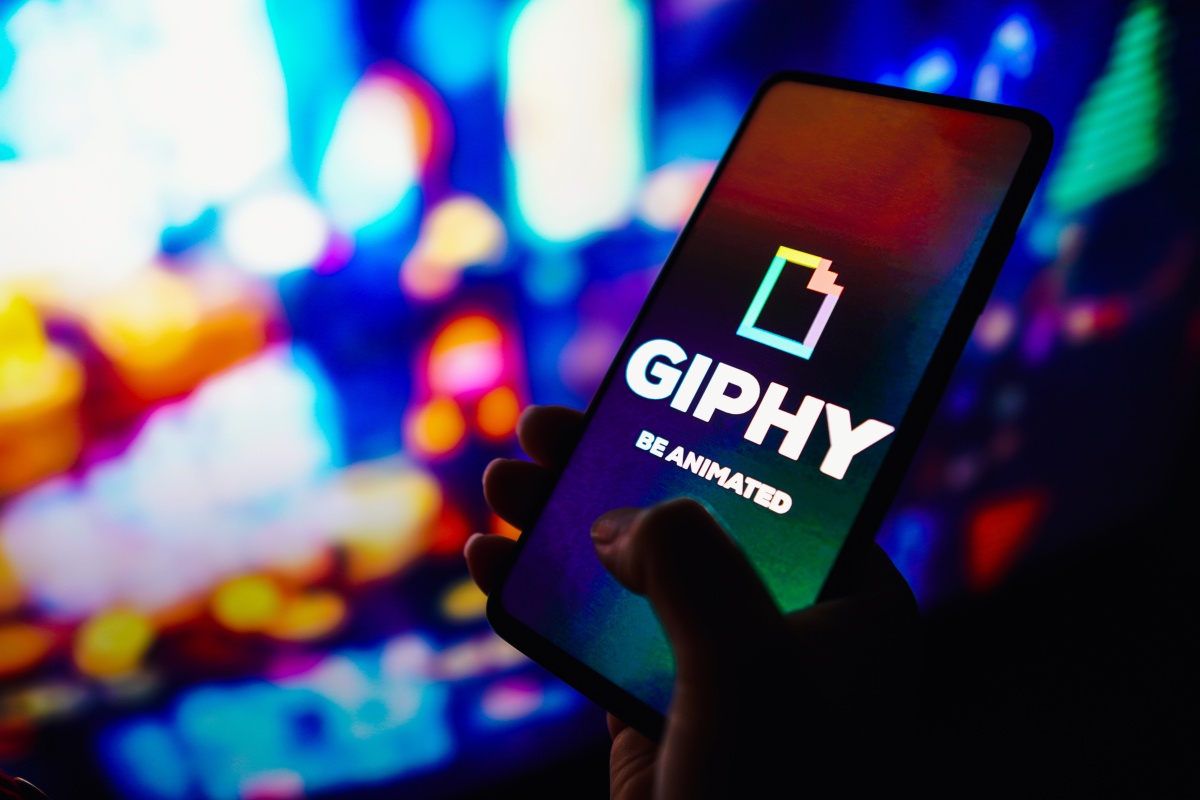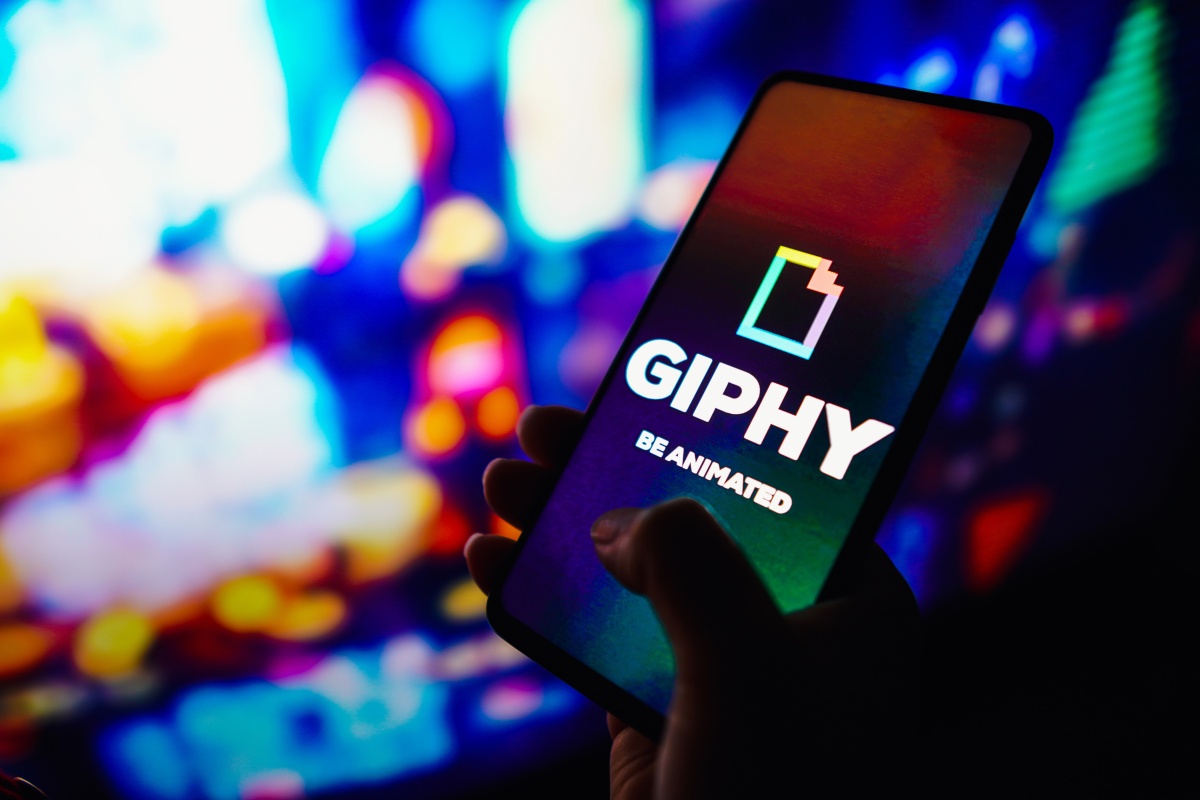
Meta has finally found a willing buyer for Giphy, the animated GIF search engine it acquired for $400 million three years ago.
Shutterstock announced today that it has entered into an agreement with Meta to buy Giphy in a transaction that “consists of $53 million of net cash paid at closing,” meaning Facebook’s parent company has recuperated just 13% of its money. Shutterstock said it expects the deal to close next month, with Meta also signing a commercial agreement to continue accessing Giphy’s content across its product suite.
The announcement comes some seven months after the U.K.’s antitrust authority issued a final order for Meta to sell Giphy, on the grounds that the merger reduced dynamic competition. The Competition and Markets Authority (CMA) had originally ordered the sale way back in November, 2021, but the appeals process held things up for the better part of another year.
In October last year, Meta confirmed it would drop any further appeals and reluctantly agreed to offload Giphy, but the formal divestment process didn’t start until the CMA issued its final order in January this year, which gave Meta a set period of time to sell its asset — TechCrunch is told that this was likely a six-month window, which meant that the clock was ticking for Meta to conclude a deal.
Conditions of the sale meant that Meta had to sell Giphy as a whole entity, rather than sell it off in pieces, and it had to find a legitimate buyer — a company that would keep Giphy going as a GIF search engine. The CMA also had the final say on who Meta could sell Giphy to.
The Meta / Giphy acquisition had been catapulted into the limelight again recently, after the CMA confirmed it was blocking Microsoft’s megabucks Activision acquisition at the end of April, a decision that became even more prominent after the U.K.’s European counterpart in Brussels greenlighted the deal three weeks later.
It’s clear that the U.K. has adopted a tougher antitrust stance of late, and while Microsoft’s $68.7 billion bid for Activision is an entirely different kettle of fish — one that likely will have more twists and turns as the case winds its way through the various appeals processes — it does seem like the U.K. is trying to make up for lost time after countless Big Tech acquisitions were ushered through the regulatory approval process more or less without question.
The GIF that keeps on giving
Shutterstock has made it clear that acquisitions were going to play a major part of its near-term roadmap, with CFO Jarrod Yahes saying back in February that the company’s goal was to extend into different content types. So Meta’s situation in the U.K. with Giphy could not have come at a better time for Shutterstock, in terms of having the opportunity to buy a popular GIF platform at a knockdown price.
Indeed, Shutterstock was in a fairly strong bargaining position here. With most M&A scenarios, the seller will try to play as strong a hand as possible to get the highest price, but in this instance any prospective buyer knew that Meta’s back was against the wall. Put simply, a fire sale was always a likely outcome, particularly given that Giphy was never really a strong business in its own right — its business value seemed to be more about helping existing platforms become stickier.
Tom Smith, a former legal director at the CMA who’s now partner at London-based law firm Geradin Partners, said that Meta’s predicament was entirely of its own making.
“It was Facebook’s decision to complete the merger before getting CMA clearance,” he said, adding that the U.K. is fairly unique in that companies are allowed to close mergers without regulatory clearance. But obviously problems can arise retrospectively if the authorities decide to take a closer look at the deal.
“You can complete your merger, but the trouble is, if you do complete your merger, you take the risk that the CMA will start investigating after the fact,” Smith said. “And make life difficult for you by making you keep the two companies separate, and possibly at the end of all that, make you sell the company you’ve just bought.”
Shutterstock has been making moves deeper into the AI realm of late, though the New York company’s bread and butter remains good old-fashioned, human-generated, stock imagery. And it’s easy to see how GIFs would fit into all of that. In the wake of today’s announcement, the company said that the deal allows it to expand its content library to include GIFs and stickers for advertisers and brands, though it suggested that it will also help it access a market it has hitherto not targeted — consumers. The company also said that the deal helps it to bolster its burgeoning “generative AI and metadata strategy.”
“Through the Giphy acquisition, we are extending our audience touch points beyond primarily professional marketing and advertising use cases and expanding into casual conversations,” Shutterstock CEO Paul Hennessy said in a press release. “Giphy enables everyday users to express themselves in memorable ways with GIF and sticker content while also enabling brands to be a part of these casual conversations. We plan to leverage Shutterstock’s unique capabilities in content and metadata monetization, generative AI, studio production and creative automation to enable the commercialization of our GIF library as we roll this offering out to customers.”
Following UK antitrust order, Meta sells Giphy to Shutterstock for $53M after buying it for $400M by Paul Sawers originally published on TechCrunch

Paul Sawers
Source link



